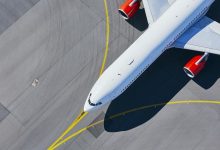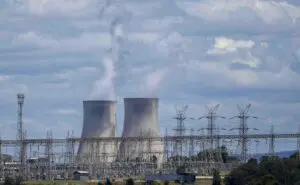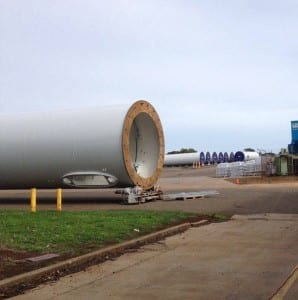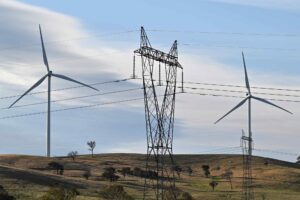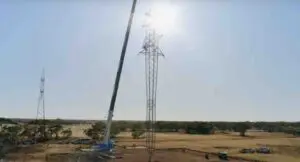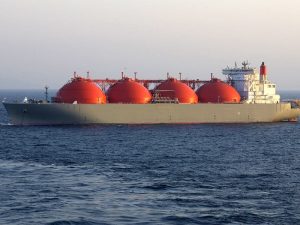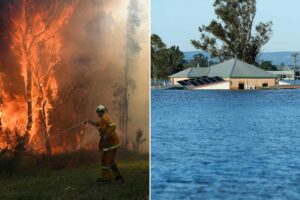Less than a week after the federal budget allocated $1.7 billion to the domestic production of green metals and low-carbon liquid fuels, a new China-Australia collaboration on sustainable aviation biofuel has won grant funding.
The University of South Australia said on Monday it will work with Chinese counterparts over the next two years to explore the commercial opportunities of using bio feedstock to replace conventional kerosene jet fuels with ‘green’ fuel.
The collaboration was announced by the Department of Foreign Affairs and Trade (DFAT) on Saturday, backed by grant funding of $230,000 from the National Foundation for Australia-China Relations.
Sustainable aviation fuels (SAFs), which currently account for less than 1% of jet fuels worldwide, are derived from a range of sources or feedstocks, including waste oil and fats, woody residues, algae and municipal waste.
And while they need to be mixed with conventional fuel (50%) to avoid any modifications to current aircraft engine technologies, SAFs are considered vital to the global effort to curb dangerous global warming.
“Sustainable aviation fuels can potentially cut carbon emissions by up to 80% and are essential if we are to achieve net-zero greenhouse gas emissions in Australia 2050,” says UniSA Aviation Professor Shane Zhang.
“There is a lot of potential to produce sustainable aviation fuels in Australia and China, as both countries have large quantities of bio feedstock and the market is untapped.”
According to the National Foundation for Australia-China Relations website, the $230,000 in grant funding to UniSA will support exchanges between the two countries on development of sustainable aviation fuel “to prepare Australian farmers and industry networks for future opportunities in this sector.”
Zhang says the federal government’s welcome $17 billion budget announcement builds on the establishment of the Australia Jet Zero Council in 2023 to deliver net-zero aviation in Australia, supported by a $30 million funding injection.
Jet Zero Australia is working with US biotechnology company LanzaJet to build a new SAF facility in north Queensland, and Wagner Sustainable Fuels and Boeing Australia are also collaborating on a site in Toowoomba. The NSW government has also pledged up to $100 million to start local production.
Further, the Albanese government has allocated $18.5 million over four years to develop a certification scheme for sustainable aviation fuels and renewable diesel. A further $1.5 million will go towards a two-year analysis of the costs and benefits of introducing mandates.

